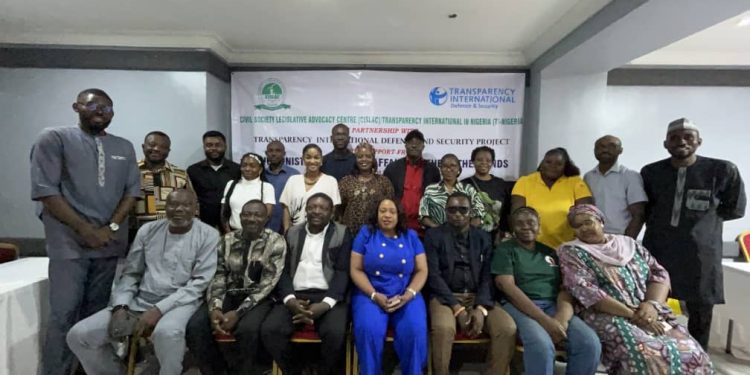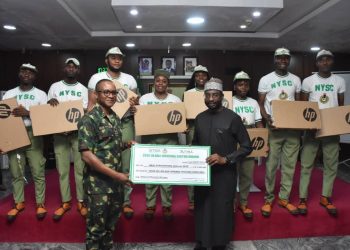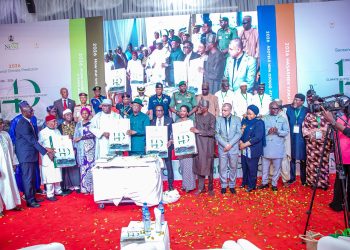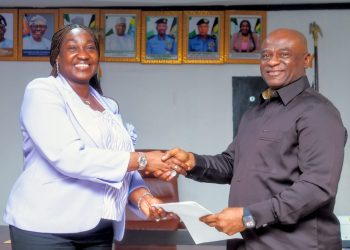By Tina Chinyere – Portharcourt
The Civil Society Legislative Advocacy Centre (CISLAC), in partnership with Transparency International Defence and Security Project, has held a one-day media engagement to strengthen journalists’ capacity in investigating and reporting corruption in Nigeria’s defence and security sector.
The engagement, themed “Enhancing Investigation and Reporting Capacity of the Media in Exposing Corruption in the Financial, Procurement, and Operational Activities of the Defence and Security Sector,” took place in Port Harcourt with support from the Ministry of Foreign Affairs of the Netherlands.
Speaking at the event, CISLAC’s Programme Manager for Defence and Security, Abubakar Jimoh, said the training aims to promote transparency, accountability, and efficiency in the sector. He noted that corruption continues to undermine the operational effectiveness of Nigeria’s defence institutions.
Jimoh disclosed that Nigeria is currently rated “D” on the Government Defence Integrity Index, indicating a very high risk of corruption. He stressed that corruption cuts across personnel, operational, financial, and procurement activities, warning that secrecy in non-classified transactions hampers accountability.
He explained that while certain classified information must remain confidential for national security reasons, activities such as military-run schools, hospitals, and commercial ventures funded with taxpayers’ money should be open to public scrutiny. Jimoh further urged the media to also hold state governments accountable for the management of security votes.
Also speaking, Dr. Sophia Daniels, Deputy Director at the Centre for Peace and Conflict Studies, Ignatius Ajuru University of Education, said journalists must strike a balance between transparency and security confidentiality.
Dr. Daniels emphasized that while sensitive data like arms procurement should remain protected, public-interest information that promotes accountability should be accessible to the media.

















